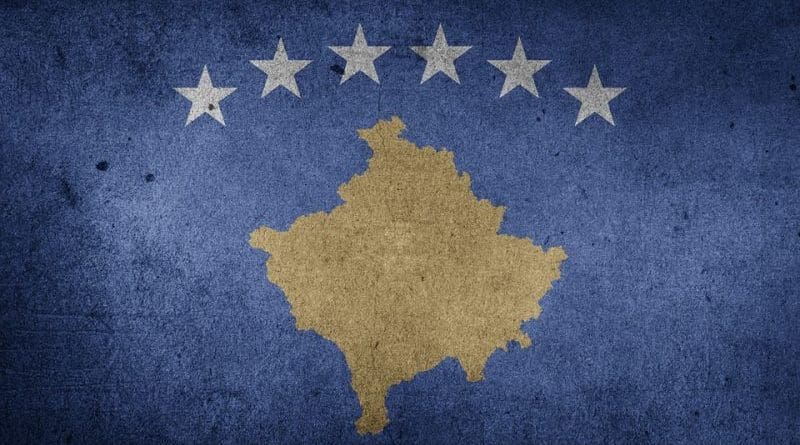Kosovo Coalition Talks Falter As Parties Trade Accusations
The chances of forming a new government dimmed further on Monday as the Democratic League of Kosovo accused Vetevendosje of acting unilaterally – which then accused the LDK of adopting a ‘take or leave it’ attitude to negotiations.
By Xhorxhina Bami
Hopes of forming a new coalition government in Kosovo suffered another blow on Monday amid fresh mud-slinging between the two largest parties – when the Democratic League of Kosovo, LDK, accused its potential partner, Vetevendosje, of acting unilaterally to form key institutions.
“I do not believe this approach helps to reach an agreement; the parties should sit down with the intention of finding a compromise between the two sides, realising that they are building the future of Kosovo,” LDK deputy leader Vjosa Osmani, the LDK’s candidate for the post of Prime Minister, told a press conference on Monday.
Another LDK deputy leader, Avdullah Hoti, meanwhile told the media outlet Telegrafi on Monday that “reaching an agreement [on forming a government] is up to Vetevendosje”, adding that “despite the unilateral action taken on December 26 … we still remain open to an agreement”.
Osmani and Hoti were referring to the December 26 decision of Vetevendosje to grab the post of speaker of parliament for its own candidate, despite the LDK also laying claim to it.
On Monday, President Thaci handed Vetevendosje leader Albin Kurti a mandate to become the new prime minister after the winning party in last autumn’s elections finally submitted a nomination.
But, on a video conference, Kurti reminded the public that Vetevendosje and LDK had still not yet reached an agreement on a government, also accusing the LDK of adopting a “take it or leave it” approach to negotiations.
“They [the LDK] have not accepted our last proposal [and…] did not address it at their General Council. The attitude that we only meet for the signing ceremony, that is the ‘Take it or leave it’ approach, means leave it.
“I believe we can go back, and have an obligation to all of you, to go back to the negotiating table, and not to come out of it until we find a common language and reach our agreement,” Kurti said.
Both Vetevendosje and the LDK sent new proposals to each other on January 15, but each side rejected the other’s proposal, although the LDK said it does not accept the letter of rejection from Vetevendosje leader Kurti as official.
The LDK requested the post of speaker until 2021, when a new President will be elected by MPs to replace Thaci. After that, the post of speaker would go back to Vetevendosje.
However, Glauk Konjufca, from Vetevendosje, is already the speaker, after the constitutive session of the new parliament elected him on December 26. And Konjufca has accepted his position and been congratulated by colleagues from other countries as well as by international officials, including the the head of the EU Office in Kosovo, Nataliya Apostolova, on Monday.
Kurti’s proposal as prime minister comes two weeks after he met President Thaci on January 6, when Thaci pressed him hard over the issue. The focus soon shifted to the spat between the President and the Vetevendosje leader, who accused Thaci of using threatening language.
Under the constitution, Kurti now has 15 days to propose a new government to parliament, which must receive the backing of a majority of MPs. The LDK said on December 26 that it would back a Vetevendosje-led minority government even if no coalition agreement has been reached by then. However, Vetevendosje is still keen to form a coalition government with the LDK, fearing that a minority government will be weak and unstable.

